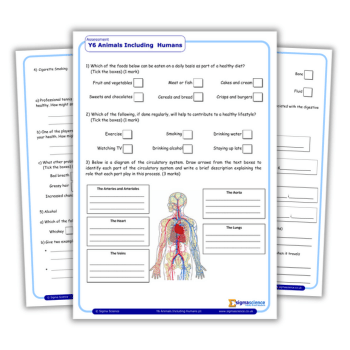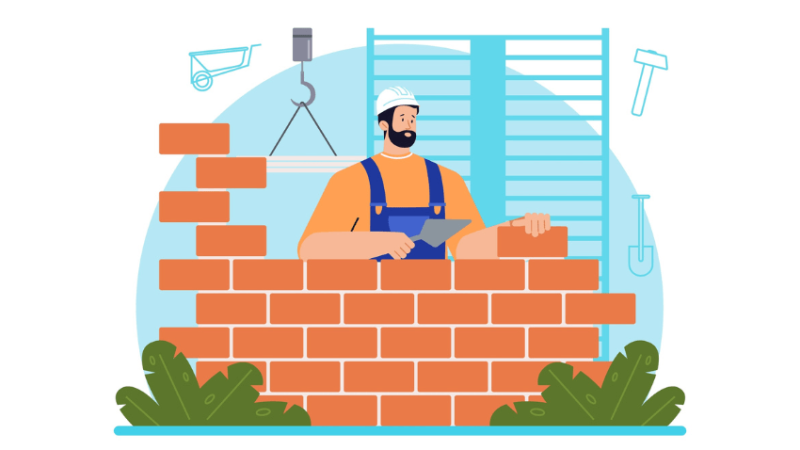“No, The 2016 Tests For Key Stage 2 Were NOT Awful”

Zak Willis has had enough of the griping from the profession that followed this year's KS2 primary assessments – and here's why…

- by Zak Willis

I think I’ve (unusually, I confess) held my tongue long enough.
I took a lot of flack in the summer for refusing to jump on the “Isn’t it all terribly unfair?!?” bandwagon surrounding the key stage 2 tests. But as per usual, with all the stubbornness for which my wife loathes me, I dug my heals in. My relationships with longstanding colleagues has been tarnished because, to put it bluntly, I disagree with them, utterly.
No, the 2016 tests for key stage 2 were not awful. Difficult, yes. Challenging, yes. But hey, it was never supposed to be a day at a theme park.
Sour grapes
Since the summer, I have been repeatedly offended by all the discussions around:
“They were too tough”
“They should just forget about them”
“Last summer should just be called a trial”
“It doesn’t mean anything, does it?”
All this talk really sticks in my craw for a number of reasons. Simply put, it sounds like the kind of excuse-mongering for which the press still find the time / use as ammunition to knock our profession. It also sounds like sour grapes, perpetuated by a few because they were knocked out of their ivory towers built on greener-than-green RAISEOnlines.
Actually, for some of us last summer was a success. Due to a whole host of circumstances I won’t bore you with, we needed desperately a good set of results in all subjects and key stages in the summer of 2016. We got them, thanks for asking, with bells on. You can imagine the pride my staff feel basking in the thoroughly-deserved glow of a job very well done.
So when I go to the year’s first heads’ briefing, and get told by one of the principal School Improvement Officers that they should just “Wipe the slate clean of last year”, I’m afraid it doesn’t sit very well with me. But still I kept my counsel. And when I returned to school to find not one, but two national publications acting as foghorns for a bunch of headteachers griping that they didn’t get the perfect results they felt was their right, I decided that enough was enough.
Not for the first time, I find myself on the fringes of a profession I dearly love and a title I hold dear. I find it both annoying and disappointing, and not a little sad, that we can portray ourselves thus, and therefore miss the entire point of this issue – our children.
It isn’t about you
To all the heads out there who want to forget last summer, who want it all deemed null-and-void, who cried “Not fair!” at the upping of the SPAG ante, I have three things to say.
One, we were all warned. The changes to these assessments were announced a long time ago and we were given two years to prepare for it. If your school, your staff and your children were ill-prepared, at whose door does the blame truly lie? Because I don’t think it’s in Whitehall.
Two, welcome to my world. As a head of a school in an area of social deprivation, we work year upon year for our results. We strive to offer our children the very best, every single day of every single year, because we can’t take it for granted that our exemplary progress will be converted into expected outcomes. We can’t just send out beautifully published workbooks in February and presume they will be dutifully completed at home with mother or father.
Instead, we have to toil, sweat and strive. We need to make dull and boring tests appealing to young children who already possess, out of necessity, a far broader set of life skills than the ability to balance bricks on a see-saw (my particular favourite, that one). If you want to wipe off last year because you had a bad year, that’s fine. But can I wipe off all the years where our children made more than expected progress, but my school was still below the floor?
Three, sorry to burst your bubble, but it isn’t about you. My own son was one of the children who sat those tests last summer, and his reaction, on the Monday of the now infamous reading paper, was one I could ascribe to many other colleagues in this situation.
“What did you think, son?”
He finished his seventh post-school snack and said simply, “Poor do-dos”.
Last summer cannot be wiped off the slate, but it can be learned from. Hopefully, the lessons will be constructive and informative, and may well unite us as a profession going forward. Hopefully, the spotlight can shine once again on the young people who deserve it most – and not on the adults bickering and bemoaning their fate in an arena that we have made all too public.
Zak Willis is headteacher at Badock’s Wood Primary School in Bristol; you can read his blog at badockshead.blogspot.co.uk and follow him at @willis_zak











